The European Council adopted a position on a comprehensive regulation of End-of-Life Vehicles (ELVs). This step signals new targets that will create significant opportunities and responsibilities for the steel industry in particular, while requiring vehicles to be designed to promote their reuse, recycling and recovery.
Under the new ELV regulation, gradual and mandatory targets for the use of recycled plastics in automotive production will be introduced, while binding targets for recycled steel, aluminum and critical raw materials are planned for the future. For the European steel industry, this could open the door to significant transformations in waste management, scrap quality, product design and supply chain processes.
The EU Council's position aims to promote environmentally friendly production as well as to increase strategic independence for the industry. The statement added: “The ELV regulation will not only increase the competitiveness of the automobile and recycling industries, but will also strengthen the strategic autonomy of EU industry by reducing dependence on critical raw materials from abroad.”
Paulina Hennig-Kloska, Minister of Climate and Environment, stated:
"The end-of-life vehicle regulation is a game changer for Europe. It reduces waste, reduces our dependence on critical raw materials from abroad and puts our car industry at the heart of the circular economy. With the Council's position, this legislation will not only increase the competitiveness of our industry, but also minimize red tape."
Progressive targets for recycled content
The new regulation sets three progressive targets for recycled plastic content in vehicles:
- 15% within 6 years of entry into force
- 20% after 8 years
- After 10 years, it will make it mandatory to use 25% recycled plastics.
This will not be limited to plastics, as the Commission will also have the power to set similar targets for steel and other materials. This could lead to new regulations in the steel recycling chain in terms of quality, visibility and continuity of supply.
Signaling a new era for the steel industry
The ELV regulation's potential to introduce targets specifically for the use of recycled steel increases the environmental responsibility of European steel producers and paves the way for low-carbon and sustainable production policies. Increasing recycled content will contribute to both reducing the carbon footprint and enabling Europe to utilize its own scrap more effectively.
The regulation also includes the inclusion of heavy-duty vehicles, motorcycles and special purpose vehicles, minimum recycled content targets, extended producer responsibility, clarification of processing standards and stricter control mechanisms for exports of “lost vehicles”.
According to the Council's position, this regulation will make it easier to achieve environmental sustainability goals and will increase the competitiveness and technological level of the European automotive and steel industry. The process will continue with legislative negotiations after the European Parliament has adopted its position.


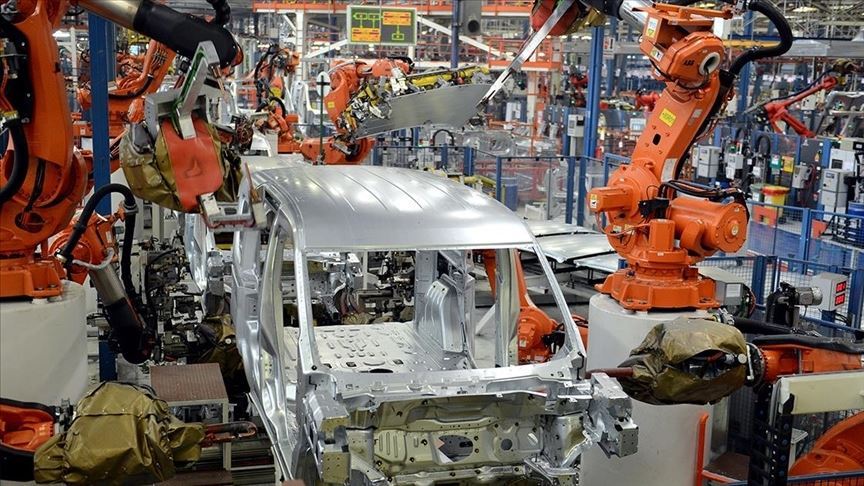

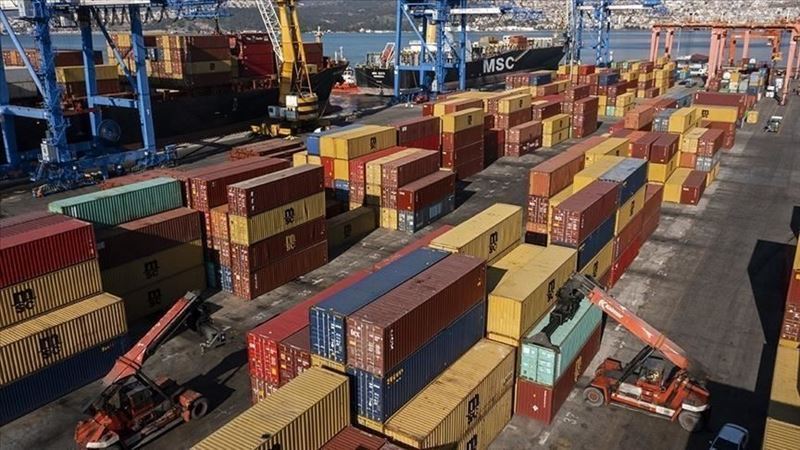
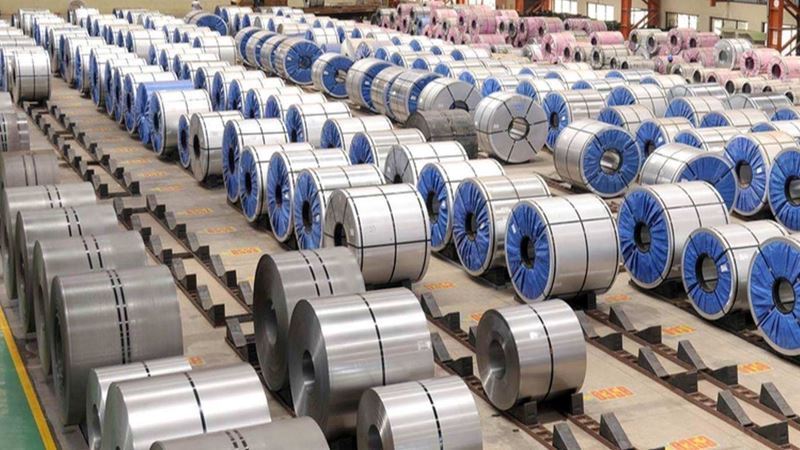

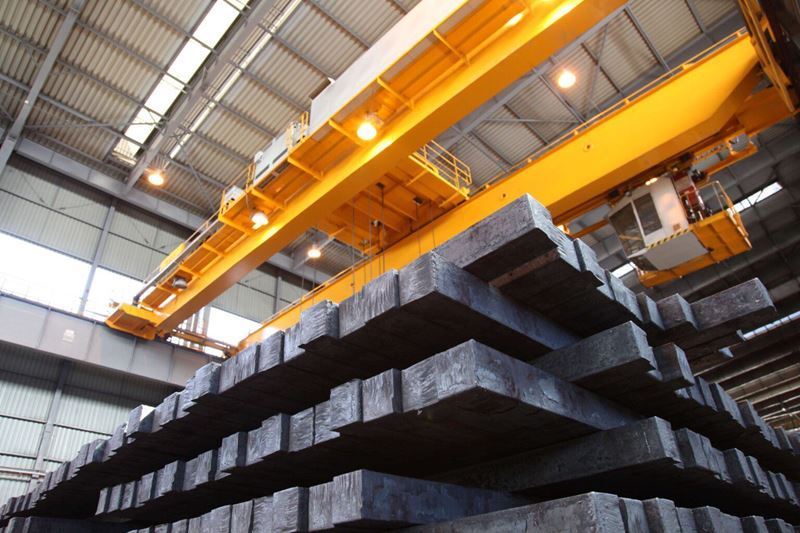
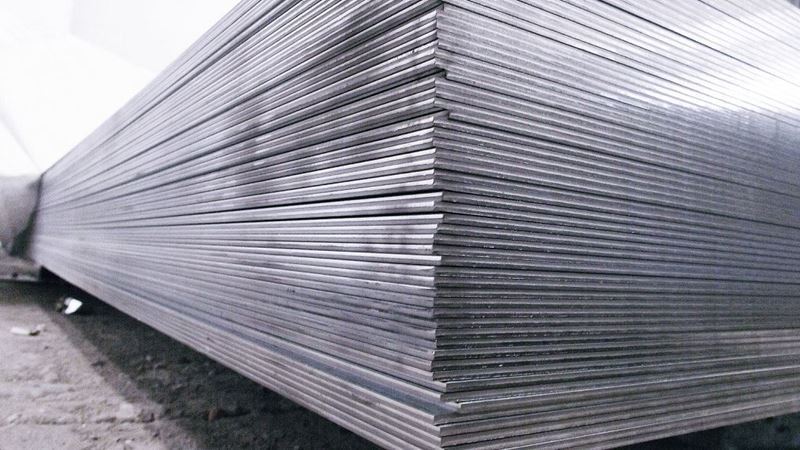


Comments
No comment yet.